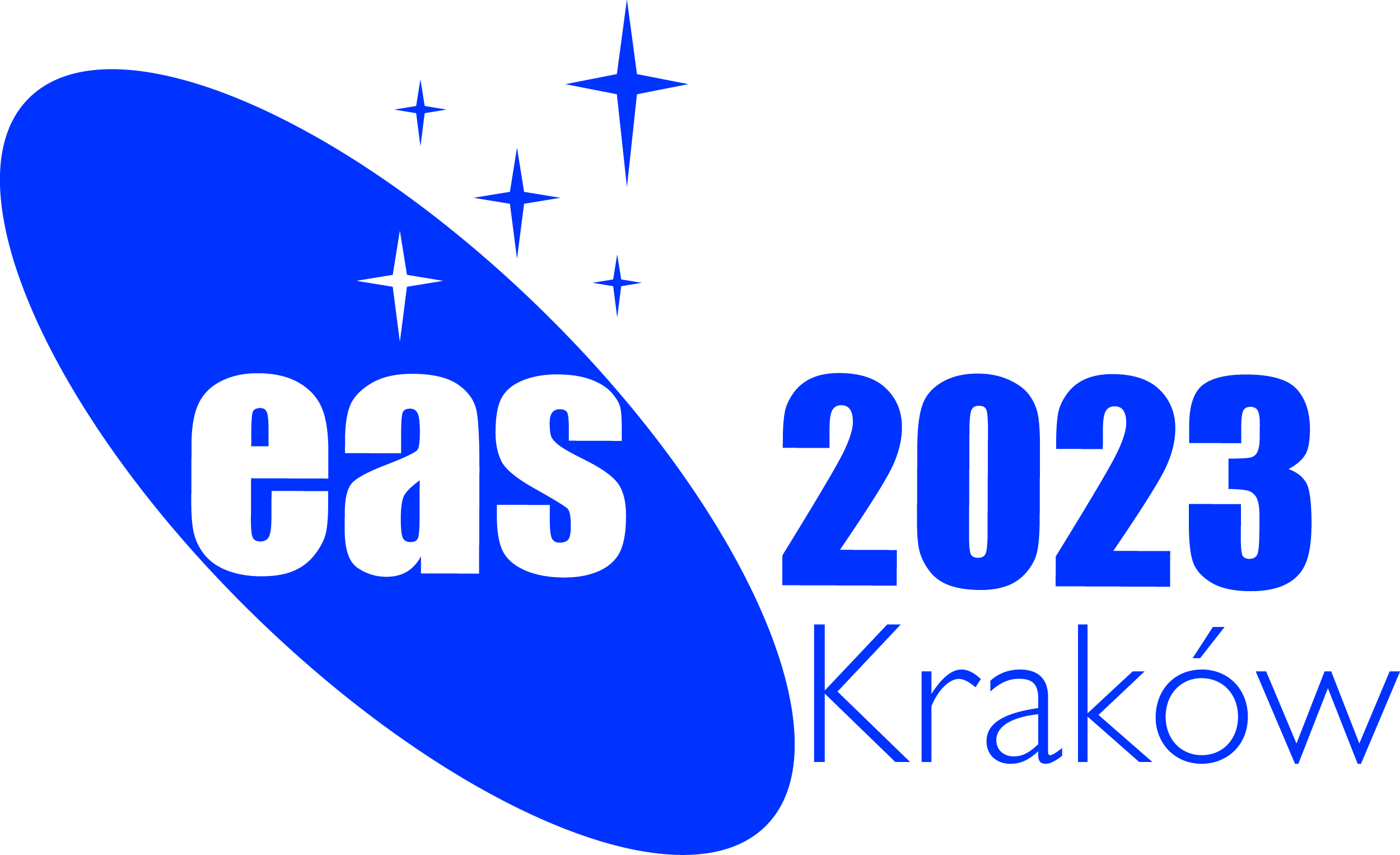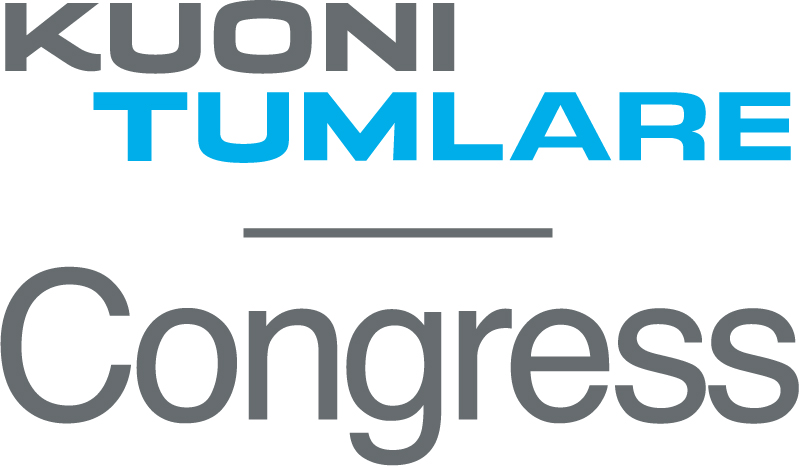Symposium S4
13-14 July 2023
Machine Learning prospective in Astrophysics: challenges, limitations, failures, and potentials
Aims and scope
The current and next generation of all-sky surveys such as Gaia, SKA and Euclid will revolutionize astronomy. With the rise of big data era, the astronomy community have adopted data-driven approaches such as machine learning algorithms and visualisation techniques into their research. These techniques are being used in a broad range of astronomical problems, from solar system objects to galaxy evolution to cosmology.
There are several opportunities provided by this mysterious black box set of algorithms that can outperform traditional approaches. However, one might be skeptical toward the end results, e.g. the reliability and robustness of the output. Addressing these concerns and understanding the limits and challenges of applying ML to both the real and simulated astronomical datasets is the main goal of this session. Therefore, we would like to invite researchers to discuss the capabilities of ML algorithms and to realize their challenges and limitations. In addition, we invite scientists to rethink the science questions based on what we have learned from analysing current datasets so far and push the community further towards next possible steps.
Programme
The symposium consists of 6 blocks of 1.5 hour and includes invited talks, contributed talks, and posters (including poster flash talks). The following represent an overview of the expected talks and discussions in this session.
To discuss the opportunities provided by machine learning with an open eye on the challenges, limitations and failures,
To debate how data science can be effectively incorporated into Astronomy,
To identify yet unexplored opportunities based on future needs in the context of future perspectives,
Sharing best practices and partnering with young researchers to develop future collaborations and present new ideas,
Presenting a variety of exciting high-impact AI developments for Astronomy,
To discuss the potentials of machine learning in search of knowledge through discovering new patterns in the data.
Invited speakers
Mitra Baratchi (Leiden University)
Elena Cuoco (European Gravitational Observatory, and Scuola Normale Superiore)
Emille Ishida (Université Clermont-Auvergne)
Giuseppe Longo (University of Naples Federico II - UNINA)
Jason McEwen (University College London, and Alan Turing Institute)
Scientific organisers
Samira Rezaei (co-Chair, Leiden Observatory)
Teymoor Saifollahi (co-Chair, Kapteyn Astronomical Institute)
Serena Viti (Leiden Observatory)
Sotiria Fotopoulou (University of Bristol)
Reynier Peletier (Kapteyn Astronomical Institute)
Contact
Rezaei @ strw.leidenuniv.nl (Samira Rezaei)
Saifollahi @ astro.rug.nl (Teymoor Saifollahi)
Updated on Wed Feb 22 10:39:27 CET 2023
|

 A power cut will shut down all EAS services on Tuesday, 10 January 2017 starting at 7:30 CET.
A power cut will shut down all EAS services on Tuesday, 10 January 2017 starting at 7:30 CET.


